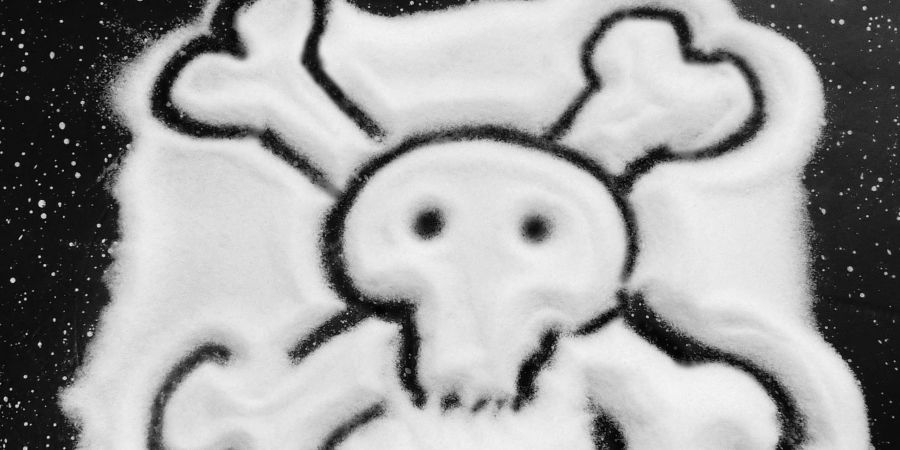

Researchers also believe that too much salt can damage your immunity, in addition to heart and blood pressure problems.
Many of you were shocked to hear recently of a toxic fat that is much more dangerous than cholesterol. In other nutrition-related news, a recent study has found that the amount of salt you consume may make you more susceptible to bacteria (like this deadly food poisoning from pasta) and viruses (like COVID-19).
A new research published in the journal Circulation aimed to expand on what scientists learned from a 2015 study. The researchers discovered that high levels of sodium in the blood influenced how a specific form of white blood cell prepares to respond when it detects an abnormal cell in a previous study. But, as Dr. Sabrina Geisberger of the Berlin Institute for Medical Systems Biology (BIMSB) points out, the scientists "actually didn't know what was going on in the cells" at the end of the research.
According to a press release, Geisberger's team looked at "the metabolism of immune cells that had been exposed to high salt concentrations" for the new report. They heard more about how salt affects immunity this time: "It disrupts the respiratory chain, causing the cells to generate less ATP and absorb less oxygen," explains Geisberger.
ATP, or adenosine triphosphate, is described in the release as "the universal fuel that powers all cells," providing energy for muscle power and metabolic regulation—meaning that if a high sodium level in the body causes a short supply of ATP, it affects how these white blood cells mature... and, as a result, how effectively those white blood cells, which are largely responsible for the body's immune response, function.
So, how much salt is healthy to consume on a daily basis? According to the findings of this study: “Adults can consume no more than five or six grammes of sugar a day, according to nutrition experts. The salt in processed foods is factored into the equation.”
However, any dieter knows that chowing down on a bag of greasy (read: fattening) sodium-laden chips isn't a smart idea. Dehydration will result, which will raise appetite and jeopardise your hard-won weight-loss gains. Furthermore, excessively salty foods, such as chips, can induce water retention, making you appear paunchier than you are. But just because chips aren't an option doesn't mean you can't get your salty fix. There are a variety of nutritious, savoury snacks that will satisfy your hunger without raising your blood pressure or causing you to gain weight.
In last I want to mention that avoid excessive salt in your daily diet to stay fit and healthy.










